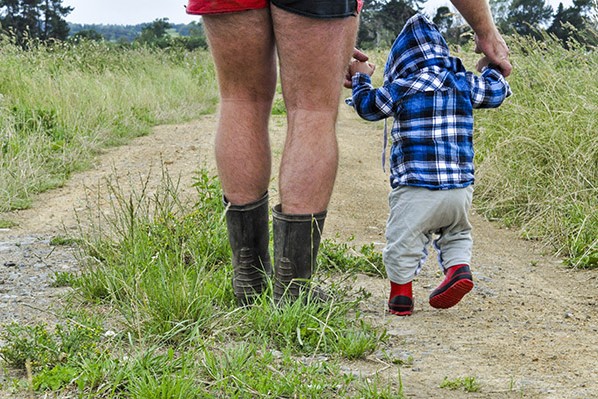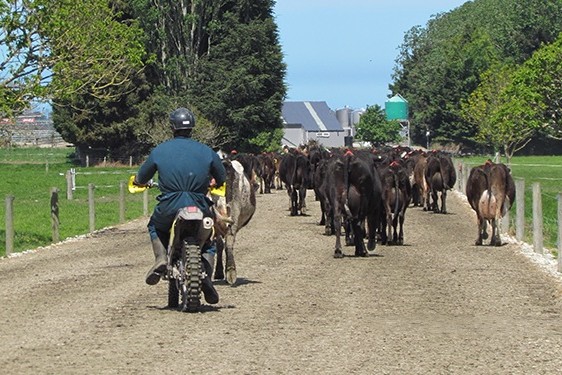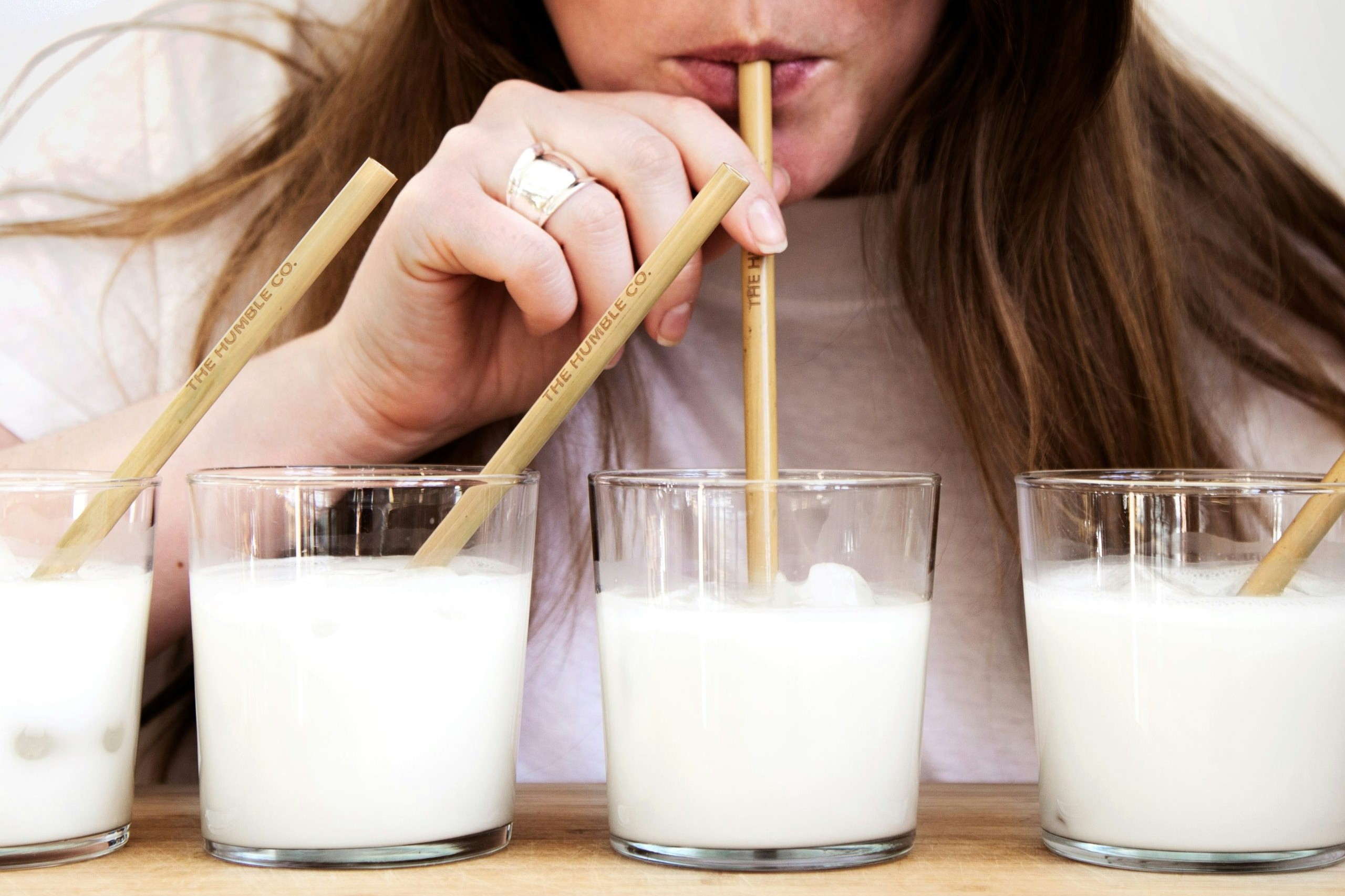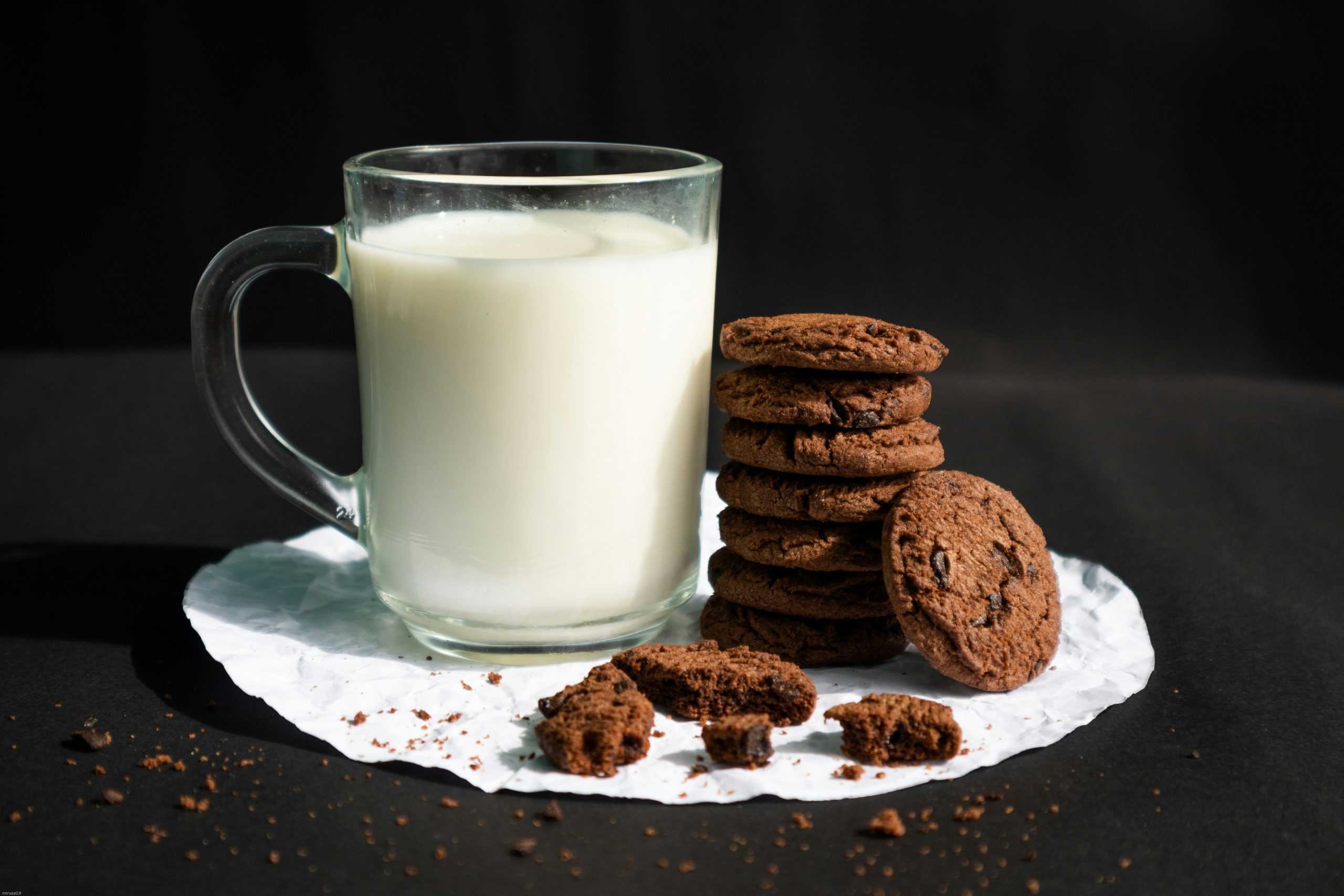Sheryl Haitana
The flow on from facial eczema in her dairy herd led Tracey Simpson down the pathway to homeopathy.
Tracey and her husband Murray had just bought a 300-cow herd and the subclinical liver damage led to cows dying at calving or crashing and being culled within six weeks.
“There was nothing the vets could do apart from B12 and we changed their diet.”
Tracey came across Tineke Verkade who suggested dosing the cows with homeopathy product Chelidonium.
“It supports their livers and it made a huge difference, you could see it in the cows, their coats were shinier and their eyes were brighter and the next calving we didn’t lose any cows. We hadn’t done anything else differently.”
Since then Tracey has integrated homeopathy into her animal health plan, eventually working with Tineke and buying the business last year.
Homeopathic Farm Services (HFS Ltd) aims to assist and support farmers in improving the health of their animals in a gentle, safe, effective, and environmentally friendly manner with BioGro-certified organic products.
Tracey now has a Diploma in Homeopathy (Humans) and a ‘Diploma in Homeopathy’ (Animal Health).
Tracey and Murray share-milk 900 cows, across three farms for Te Raparahi Lands Trust at Putaruru and won the Miraka farming excellence awards this year.
Tracey uses homeopathy across the cows and young stock for building immunity, supporting cows through calving, through to products for lameness and mastitis.
Homeopathy is a gentle, effective system of healing that assists the natural defence mechanism of the body in healing itself.
“How it works is it is an energy-based medicine – its principle is matching “like with like”. Taking a symptom picture of an animal and finding a homeopathic product that has similar symptom picture to stimulate the animal to become healthy again. By using the homeopathic method of dilution and succussion, this potentises’ the product, it reduces the side effects of giving the homeopathic product in its true form.”
Homeopathic products can either be sprayed on mucous membrane to treat individual cows, or put in a trough to treat a herd.
One of the key focuses for Tracey in her own herd is giving the cows homeopathy after calving to help with their mental and emotional state.
She gives the colostrum mob Ignatia and Arnica/Bellis for four days to help with the physical and emotional effect of calving.
“Cows are very compassionate animals and when they get their calves taken off them there is a sense of grief there. I find it helps our cows, they don’t bellow looking for their calves, and even when they walk past the calf pen on the way to the shed.”
The Arnica/Bellis helps to support their internal bruising post calving to give them the best chance of getting back in calf again.
“We ask a lot from our cows, to get back in calf in six weeks after calving, this helps to get them balanced and off to a good start.”
Mastitis and lameness are two other major animal health issues dairy farmers can turn to homeopathy for help.
There are homeopathic products for different bacteria/conditions and none of them are milk or meat withholding.
Homeopathy can also work well in conjunction with antibiotics to treat animals, Tracey says.
“On one of our farms this year we had E coli and horrendous mastitis, I gave the herd Homeopathic E-coli and it literally stopped.
“Homeopathy can take a big problem and halve it, which helps to reduce the use of antibiotics.”
Using homeopathy for the first time can be overwhelming but Tracey and the team are always on the other end of the phone.
“There is no stupid question when it comes to homeopathy. Homeopathy doesn’t work for every animal, every time.
“A good place to start is with a condition you want to sort and then move onto the next issue.”
HFS Ltd is developing an app for farmers to record homeopathic use, including products and results.





